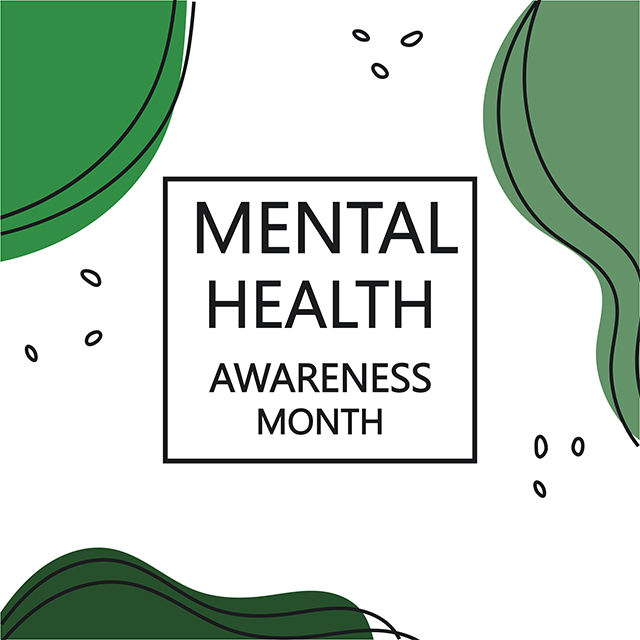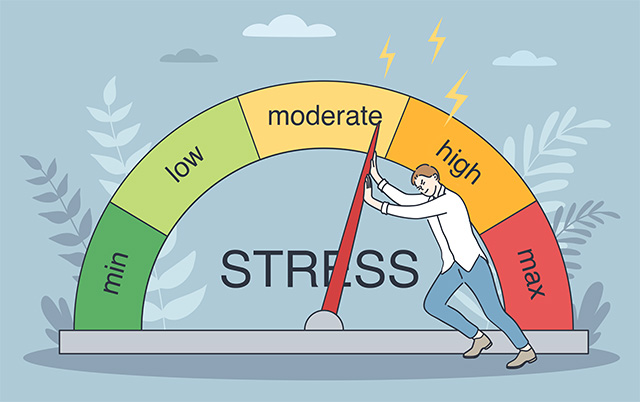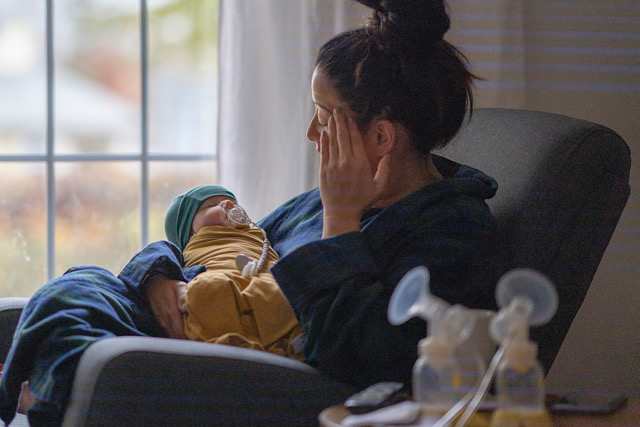Have you experienced having a busy day of running around, feeling tired at night, and looking forward to sleeping…and then your mind starts? The minute your head hits the pillow, your brain gets going. Perhaps you’re worried about an upcoming event, wondering how you’ll manage the rest of the week, or suddenly remembered something you meant to do during the day. Whatever the thoughts are, they’re keeping you awake, and it’s an uneasy feeling that can lead to worries about being unable to sleep.
Dr. Margarita Cossuto, post-doctoral fellow at CBT Westport, explains that often when we are busy running around during the day we don’t have time to process and problem-solve worries. Usually, Dr. Cossuto elucidates, the only moments we have that are quiet enough to hear our thoughts are when we lie down to sleep. So naturally, thoughts from the day start flooding in. You are not alone in experiencing this busy brain phenomenon. There is no doubt that thoughts, worries, and planning for the next day can keep you awake and restless at night.
Thankfully, there are several strategies you can try to help quiet your brain so you get the much-needed rest that you need.





